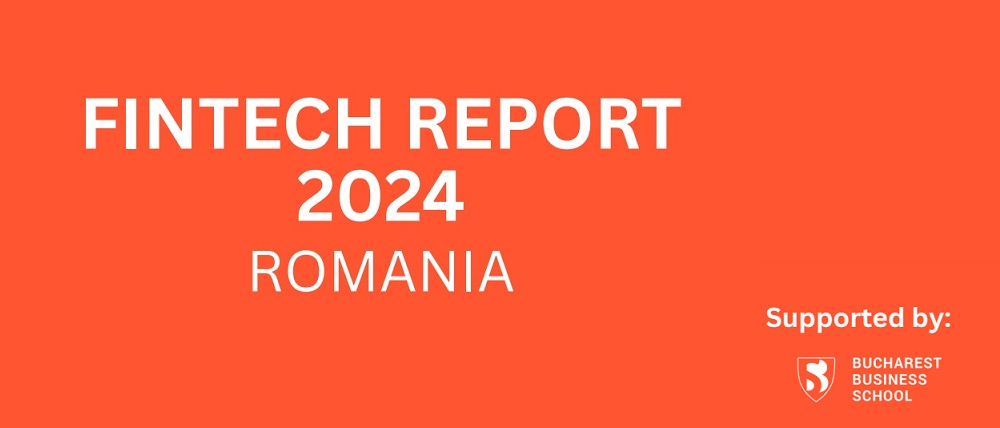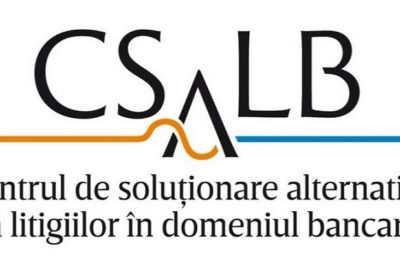Germany recognizes Bitcoin as a legal financial instrument

German financial watchdog provides clarity on the legal status of cryptocurrencies. It has published five characteristics of a cryptocurrencies which are not to be confused with electronic money, according to decrypt.co.
The Federal Financial Supervisory Authority (BaFin) of Germany has officially defined cryptocurrencies as financial instruments, providing further regulatory clarity. This makes it easier for those spending cryptocurrencies and will give some relief to businesses built around them.
According to the translation of BaFin’s press release published on March 2, cryptocurrencies are now classified as the “digital representations of value” that have the following characteristics:
#Not issued or guaranteed by any central bank or public body;
#Don’t have the legal status of currency or money;
#Can be used by individuals or legal entities as a means of exchange or payment;
#Serve investment purposes;
#Can be transmitted, stored and traded electronically.
The document also notes that cryptocurrencies are not to be confused with various types of “electronic money” which have other sections of the law dedicated to them.
The new classification was based on definitions written by other regulators worldwide, such as the Financial Action Task Force. BaFin also clarified that prior to this, cryptocurrencies did not fall into any of the generally recognized pre-existing categories in Germany.
Context
Bundestag, the German parliament, passed a bill in November 2019 allowing banks to sell and store cryptocurrencies from this year.
The new legislation came into force on 1 January 2020, and require current custody providers and crypto exchanges operating in the country to take steps, before the end of the year, to apply for a German license.
The law will not only put Germany, the world’s fourth biggest economy, at the forefront of regulation in cryptocurrencies, but heralds a milestone in the adoption of cryptocurrencies.
The bill amends a clause in the European Union’s Fourth Anti-Money Laundering Directive that currently prohibits banks from dealing directly in cryptocurrency. It allows them to legally sell and store cryptocurrencies, just as they do stocks and bonds, to retail as well as institutional investors.
At the same time, exchanges platforms, and other digital asset custodians, will need to obtain a license from the German regulator, Bafin, if they wish to continue operating in Germany
Dariusz Mazurkiewicz – CEO at BLIK Polish Payment Standard
Banking 4.0 – „how was the experience for you”
„To be honest I think that Sinaia, your conference, is much better then Davos.”
Many more interesting quotes in the video below:










